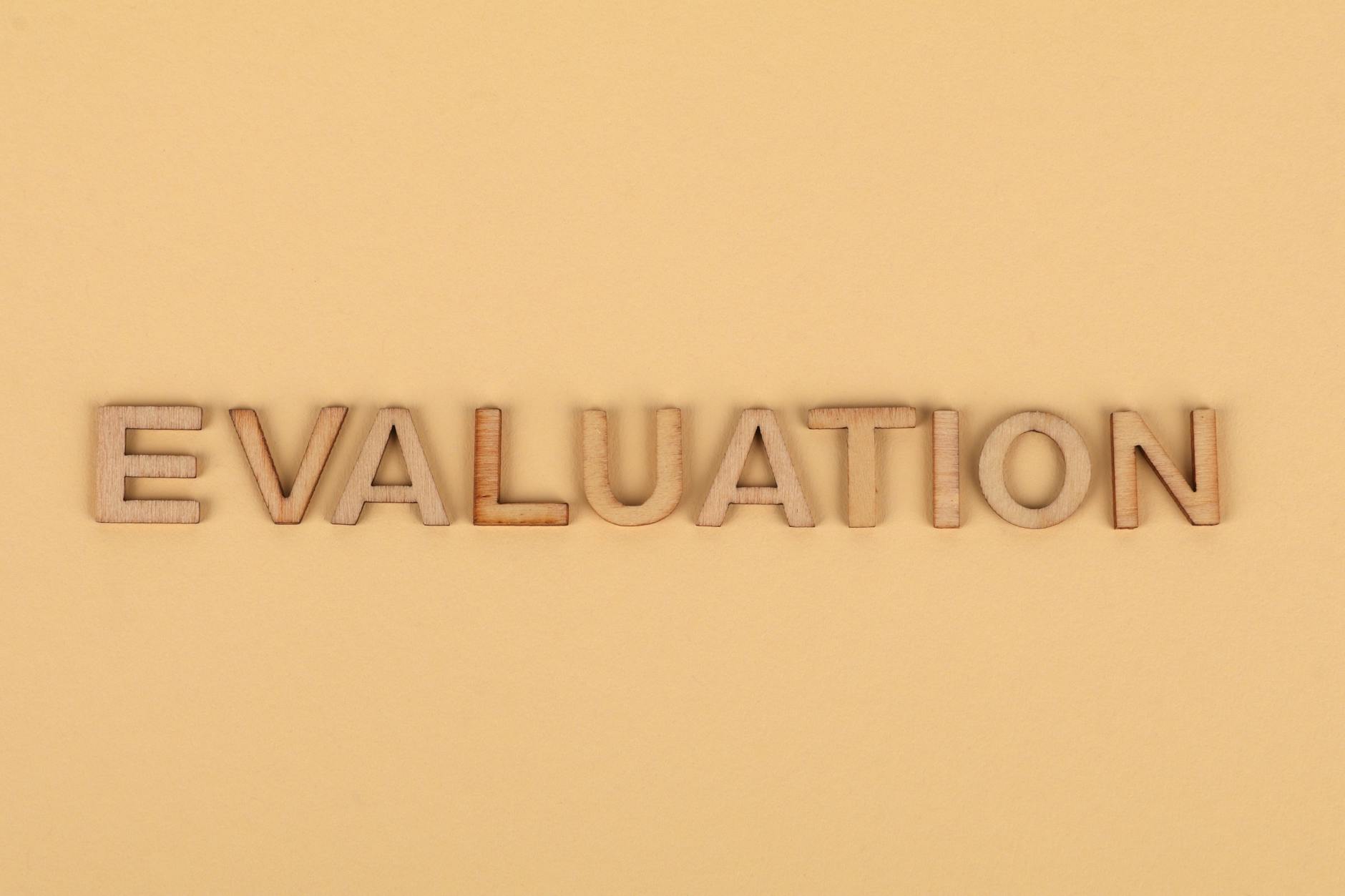An example of typical evaluation criteria for professional services. Don’t forget this is a generic list and you will need to tailor it to your specific tender and ensure that it links back to the specification
Professional services is changing and adapting all of the time, we are now in the era of shifting into AI, digitalization and technology moving leaps and bounds.
With Covid in the rear view mirror, the changes to ways people work has changed. Professional services firms also had to evolve with the great resignation or more remote working. HR in these firms have to work harder to attract the best talent.
There are other factors that we all care about new such as ESG, diversity and how this impacts all of us. A decade ago it was on the radar but now it’s firmly on the map.
In the world of change and unknown’ s procurement has a chance to influence organisation behaviour and to shape outputs by building long term and recent knowledge of this category. We can influence our internal stakeholders or be in the informed list for strategic groups within the organisation to keep our ears to the ground and when the opportunity presents itself be ready to act as a trusted advisor.
We want to evaluate our suppliers on the following:
- Their service portfolio, capabilities, capacity and quality
- Experience and qualifications of the team
- Technology advancements and adoption
- Cultural fit and alignment
- Self delivery versus sub contractors
- What is their risk management process or approach ?
- Is the rate card competitive, how do they price?
- How do they compare for their rate card, fixed fee, time and materials and blended rates?
- Do you get the A team or junior staff who do the bulk of the work?
- Gain share- what is the bonus model?
- How is the transfer of knowledge captured?
- How do they avoid scope creep- what parameters are in place are they achievable?
- How is AI being used and what does this mean operationally?
- What is the USP, why choose a particular firm?
- Are discounts applied, do they want to gain a foothold in a specific industry, does the volume of work warrant discounts
- What can you get as extra- additional added value that might not cost much for the professional services firm but could be really valuable for you.
Below are some considerations for scoring out of 100 in the evaluation criteria
1. Experience and Expertise (20 points)
- Number of years in business (5 points)
- Relevant industry experience (5 points)
- Technical expertise and certifications (5 points)
- Client portfolio and case studies (5 points)
2. Quality of Service (20 points)
- Service delivery methodology (5 points)
- Quality assurance processes (5 points)
- Client feedback and reviews (5 points)
- Case study success rates (5 points)
3. Cost and Value (15 points)
- Pricing structure and transparency (5 points)
- Cost competitiveness (5 points)
- Value-added services (5 points)
4. Project Management (10 points)
- Project planning and execution (5 points)
- Timeline adherence and milestones (5 points)
5. Technical Capabilities (10 points)
- Use of technology and tools (5 points)
- Innovation and adaptability (5 points)
6. Staff Qualifications (10 points)
- Expertise and qualifications of key personnel (5 points)
- Team experience and collaboration (5 points)
7. Customer Service (10 points)
- Responsiveness and communication (5 points)
- Problem resolution and support (5 points)
8. Reputation and References (5 points)
- Industry reputation (2.5 points)
- References and testimonials (2.5 points)
Total: 100 Points
These criteria can be tailored to suit specific needs and adjusted based on the weightage deemed appropriate for different aspects of the service being procured.
Here are some method statements that can be used
1. Experience and Expertise
- Describe your company’s history and experience in providing similar services.
- Provide examples of similar projects you have completed, including client names and outcomes.
2. Quality of Service
- Explain your service delivery methodology. How do you ensure consistent quality across projects?
- Detail the quality assurance processes you have in place. How do you handle quality control and continuous improvement?
3. Cost and Value
- Outline your pricing structure. What factors influence the cost of your services?
- Describe any value-added services you provide that differentiate you from competitors.
4. Project Management
- Describe your project planning process. How do you define and manage project milestones?
- Explain how you ensure projects stay on schedule and how you handle delays.
5. Technical Capabilities
- What technologies and tools do you use to deliver your services? How do they benefit the project?
- Provide examples of how you have adapted to new technologies or innovative approaches in your projects.
6. Staff Qualifications
- Detail the qualifications and expertise of your key personnel involved in the project.
- Describe how your team collaborates to ensure project success.
7. Customer Service
- How do you ensure clear and effective communication with your clients?
- Describe your approach to handling client issues and ensuring customer satisfaction.
8. Reputation and References
- Provide references from previous clients, including contact information.
- Share any industry awards or recognitions your company has received.
These method statement questions will help assess not only the vendors’ capabilities but also their approach to delivering the required services, ensuring a thorough evaluation process.
I hope you like the evaluation criteria for professional services, also check out buying professional services or further information on evaluating tenders
